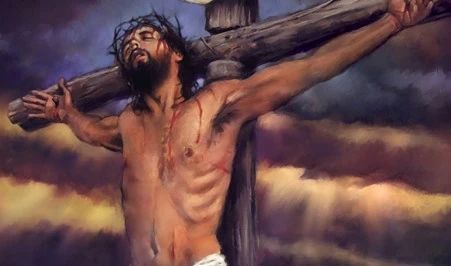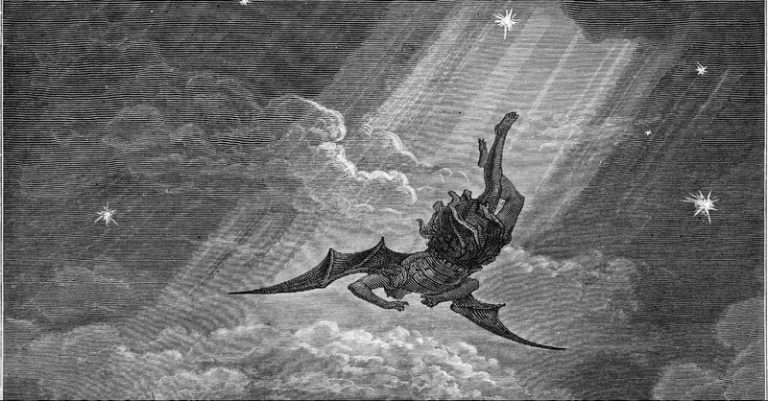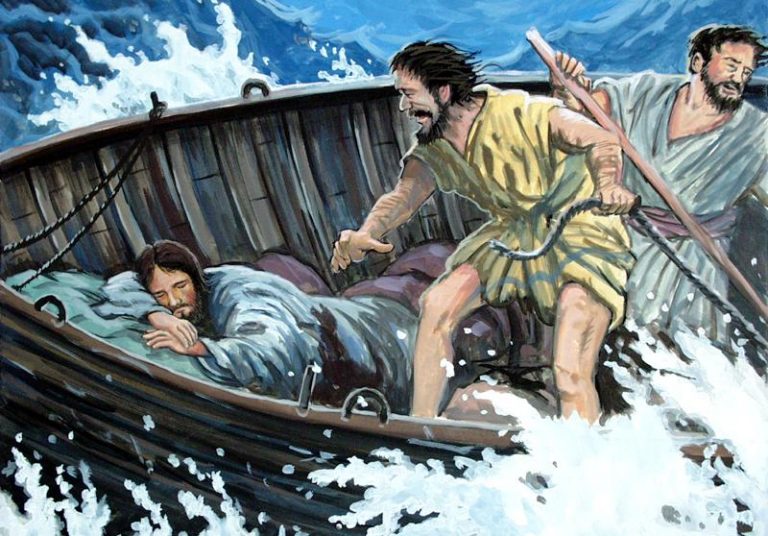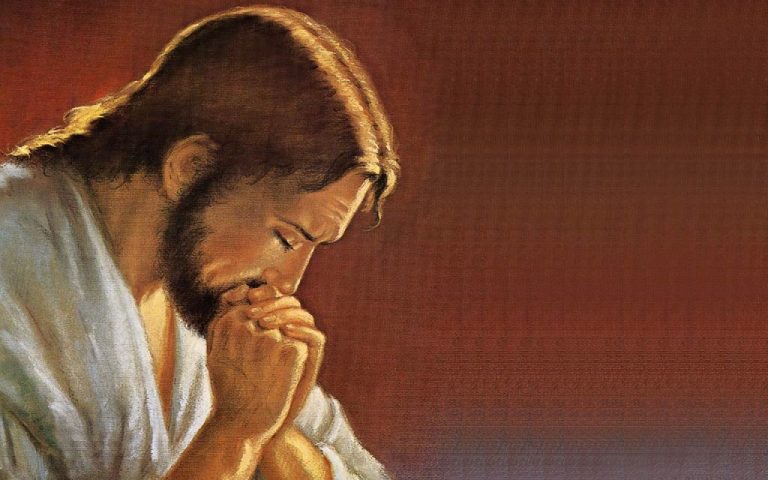Why Did Jesus Said Father Forgive Them
When Jesus was dying on the cross, he said something that is still remembered today: “Father, forgive them, for they do not know what they are doing.” These words have puzzled and inspired people for centuries, as they demonstrate the incredible love, compassion, and forgiveness that Jesus had for all people, even those who were crucifying him.
In this blog post, we will explore why Jesus said these words and what they mean to us today. We will examine the role of forgiveness in our lives and how we can follow Jesus’ example of extending forgiveness to all those around us.

The Context of Jesus’ Statement
Jesus’ statement, “Father, forgive them, for they do not know what they are doing,” was made during his crucifixion, as he hung on the cross. He had been arrested, put on trial, and given a death sentence by Roman officials, with the support of Jewish religious leaders.
During his trial and crucifixion, Jesus was mocked, beaten, and humiliated by the Roman soldiers and by the crowds who had once cheered for him. He was in intense physical pain and was slowly suffocating on the cross.
Despite this, Jesus chose to forgive his executioners. He recognized that they did not fully understand the gravity of their actions or the significance of who he was. He saw their ignorance and chose to extend mercy and compassion instead of anger and revenge.
In doing so, Jesus demonstrated the incredible power of forgiveness in action. He showed us that even in the darkest moments of our lives, forgiveness is possible. By choosing to forgive, we can be a powerful force for good in the world and help bring about healing and reconciliation.
The Significance of Forgiveness in Christianity
In the Christian faith, forgiveness is one of the most fundamental teachings. The Bible tells us that we are all sinners and fall short of the glory of God. But, through faith in Jesus Christ, we can be forgiven and reconciled to God.
Jesus’ statement, “Father, forgive them, for they do not know what they are doing,” demonstrates the power of forgiveness in action. Despite the pain and suffering that he was experiencing, Jesus chose to forgive his executioners. He did not seek revenge or harbor resentment in his heart. Instead, he chose to show them compassion and love.
As Christians, we are called to follow Jesus’ example of forgiveness. We are called to forgive those who have wronged us, even when it is difficult. We are called to love our enemies and pray for those who persecute us. By doing so, we can demonstrate the transforming power of God’s love in our lives.
The Importance of Forgiving Our Enemies
Forgiving our enemies can be one of the most difficult things we are called to do as Christians. When someone has wronged us, it is natural to feel hurt, angry, and resentful. But, as Jesus showed us, forgiveness is the key to breaking the cycle of harm and violence.
When we forgive our enemies, we demonstrate that we are not defined by our hurts or our pain. We show that we are capable of rising above our circumstances and choosing to love, even in the face of adversity.
By forgiving our enemies, we also open the door to healing and reconciliation. When we let go of our anger and bitterness, we make room for God’s love to flow in and through us. We can begin to see our enemies in a new light and seek to understand their perspective.
As Christians, we are called to be peacemakers in the world. We are called to seek reconciliation and healing, even in the most difficult of circumstances. By choosing to forgive our enemies, we can be a powerful force for good in the world and demonstrate the love of Christ to all those around us.
The Transforming Power of Forgiveness
Forgiveness has the power to transform lives. When we choose to forgive others, we are releasing ourselves from the chains of bitterness and anger. We are choosing to let go of the hurt and pain that others have caused us and entrusting the situation to God.
Forgiveness is not always easy, but it is necessary if we want to live in peace and harmony with others. Jesus’ statement, “Father, forgive them, for they do not know what they are doing,” demonstrates the power of forgiveness in action. Even as he was being crucified, Jesus chose to forgive his executioners. He showed them compassion and love, even as they were harming him. By doing so, he demonstrated the transforming power of God’s love and forgiveness.
When we choose to forgive, we are opening ourselves up to the transformative power of God’s love. We are choosing to live in harmony with others, and we are demonstrating the love of Christ to all those around us. By doing so, we can be a powerful force for good in the world and can help to bring about healing and reconciliation.
The Role of Forgiveness in Healing
Forgiveness is a critical component of healing. When we hold onto anger, bitterness, and resentment, we are only hurting ourselves. These negative emotions can lead to physical and emotional health problems and can prevent us from living our lives to the fullest.
Jesus’ statement, “Father, forgive them, for they do not know what they are doing,” demonstrates the power of forgiveness in action. Even as he was being crucified, Jesus chose to forgive his executioners. He showed them compassion and love, even as they were harming him. By doing so, he demonstrated the transformative power of God’s love and forgiveness.
When we choose to forgive others, we are releasing ourselves from the chains of bitterness and anger. We are choosing to let go of the hurt and pain that others have caused us and entrusting the situation to God. This can lead to healing and wholeness, both physically and emotionally.
As Christians, we are called to be people of forgiveness and healing. We are called to extend compassion and love to all those around us, even to those who have wronged us. By doing so, we can be a powerful force for good in the world and help bring about healing and reconciliation.
Conclusion
In conclusion, Jesus’ statement, “Father, forgive them, for they do not know what they are doing,” demonstrates the incredible power of forgiveness in action. By extending forgiveness to his executioners, Jesus showed us that love and compassion are the most powerful forces in the world.
As Christians, we are called to be people of forgiveness and healing. We are called to extend compassion and love to all those around us, even to those who have wronged us. By doing this, we can have a significant positive impact on the world and contribute to the process of healing and rapprochement.
Let us follow Jesus’ example of forgiveness in our daily lives, choosing to forgive others as we have been forgiven by God. By doing so, we can experience the transformative power of God’s love and forgiveness and help to bring about a better world for all.

Sangtea Hmar is a passionate leader of the Youth Christian Fellowship at the Electric Vengthlang Presbyterian Church in Aizawl, Mizoram, India. He is the owner of Christiantone.com and is committed to spreading the word of God. He loves to mentor youth and help them grow in their faith.






